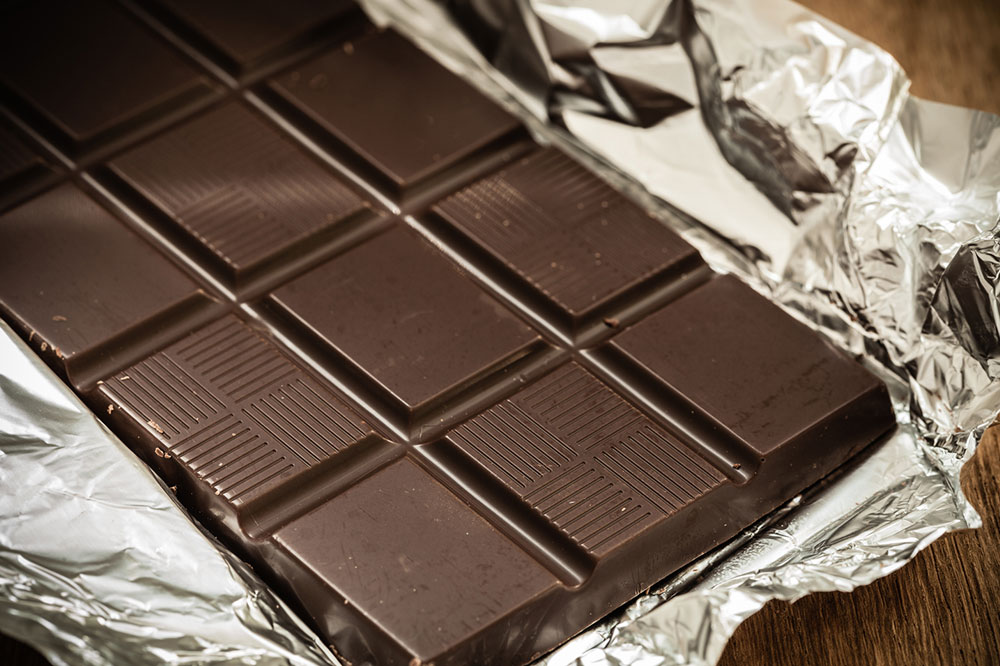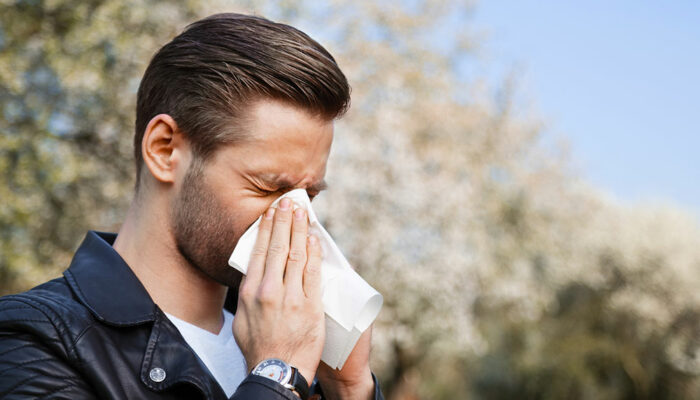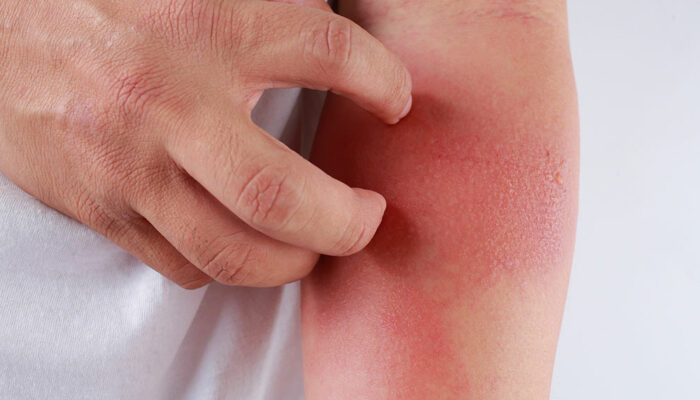
6 Human Foods that are Harmful to Dogs and Cats
If you have a pet at home, you might be tempted to feed them a bite or two from your plate. But this can be dangerous. The digestive system of cats and dogs is different from humans. So certain foods that are perfectly safe for us might be toxic for your furry friends. In this article, we’ve made a list of six such foods that you need to avoid giving your pets.
1. Chocolate
One of the top human foods that are harmful to dogs and cats is chocolate. It contains a compound called methylxanthine that can induce vomiting, diarrhea, excessive thirst, urination, and several other symptoms in your pet. Baking chocolate is the most harmful for pets, while white chocolate is the least.
2. Grapes, currants, raisins
All forms of grapes and its dried variants (currants, sultanas, etc.) are harmful to cats and dogs. They can cause abdominal issues like vomiting and diarrhea within 6 to 12 hours of ingesting. Also, these foods can lead to severe kidney failure in just 24 to 36 hours.
3. Onions and garlic
It is easy to forget how many of the harmful foods to cats and dogs are commonly used in daily cuisines. Onions and garlic can lead to irritation in the digestive tract. And if the dosage is large can destroy the red blood cells in your pet’s body. So be extra careful when feeding your pet scraps.
4. Macadamia nuts
Macadamia nuts are very healthy for humans. But they are poisonous to dogs and cats. If ingested, they cause symptoms like vomiting, hyperthermia, tremors, and abdominal pain in just 12 hours. However, macadamia nut poisoning is not fatal if treated on time.
5. Chewing gum
Be careful where your kids spit out their chewing gum. It is one of the human foods that are harmful to dogs and cats if ingested. Chewing gums, especially the sugar-free variety, contain a compound called xylitol. It is a natural, low-calorie sweetener. In pets, xylitol can cause a sharp drop in blood sugar levels. Some other complications include disorientation, seizures, tremors, and black or tarry stools. In severe cases, xylitol can lead to liver failure.
6. Bread dough
The yeast used in bread dough can release carbon dioxide and ethanol in your pet’s bloodstream, causing your pet to become drunk. It can also lead to a drop in body temperature and blood sugar levels. The yeast can also expand in the warm environment of your dog’s stomach, leading it to bloat, twist, and become distended. This can be life-threatening.
Now that you know the human foods that are harmful to dogs and cats, you can avoid giving them to your pets. Also, be careful that your pet doesn’t pick up any food crumb or scrap from the floor.



